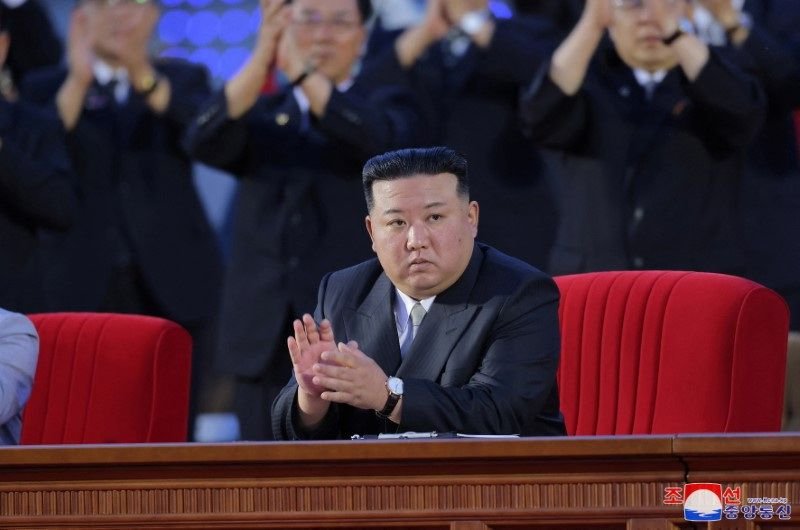North Korea cites rare dissent in elections, even as 99% back candidates. Although critics regarded it as an attempt to project the appearance of a normal society rather than signaling any significant expansion in liberties in the authoritarian state, North Korea made a rare reference to dissident votes in recent elections on Tuesday. This was an unusual occurrence for North Korea.
Kim Jong Un, the leader of North Korea, is accused of maintaining total power through the employment of a system of patronage and repression. The North has one of the most heavily regulated societies in the world.
When reporting on the election results for deputies to regional people’s assemblies on Sunday, the state media of the North stated that 0.09 percent of voters voted against the selected candidates for the province council, and 0.13 percent voted against the candidates for the municipal council.
“Among the voters who took part in the ballot-casting, 99.91 percent voted for the candidates for deputies to provincial people’s assemblies… and 99.87 percent voted for candidates for deputies to city and county people’s assemblies,” the state-owned news agency KCNA said.
Elections in the North’s parliament and regional councils typically have a voter participation rate of more than 99 percent, which serves as a rubber stamp for the Workers’ Party, which is now in power in the North.
An official from South Korea’s unification ministry, who deals with relations with the North, claimed that this month’s election marked the first time since the 1960s that North Korea had publicly acknowledged the existence of opposition votes cast in local elections.
The most recent regional election, which takes place every four years, was also the first after North Korea amended its election legislation in August to allow numerous candidates to run for electoral office.
According to research published by the Asia Pacific Foundation of Canada, a think tank, “the portrayal of a more democratic society, particularly in comparison to South Korea and the United States, is aimed at reinforcing the regime’s legitimacy and authenticity on the world stage.”
State-run media published a picture of Kim Jong Un voting while in front of two boxes, one of which was red for disapproval and the other was green for approval.
In addition, the research stated that Pyongyang will continue to exercise a high level of control over the candidate selection process. “Discreet voting will likely remain limited as the boxes will continue to be conspicuously monitored,” the report stated.
A clue that observers think might signal a modest erosion in state power in a country where voting is deemed necessary is the fact that voter participation has marginally decreased from 99.98% four years ago to 99.63% this year.



































Comment Template